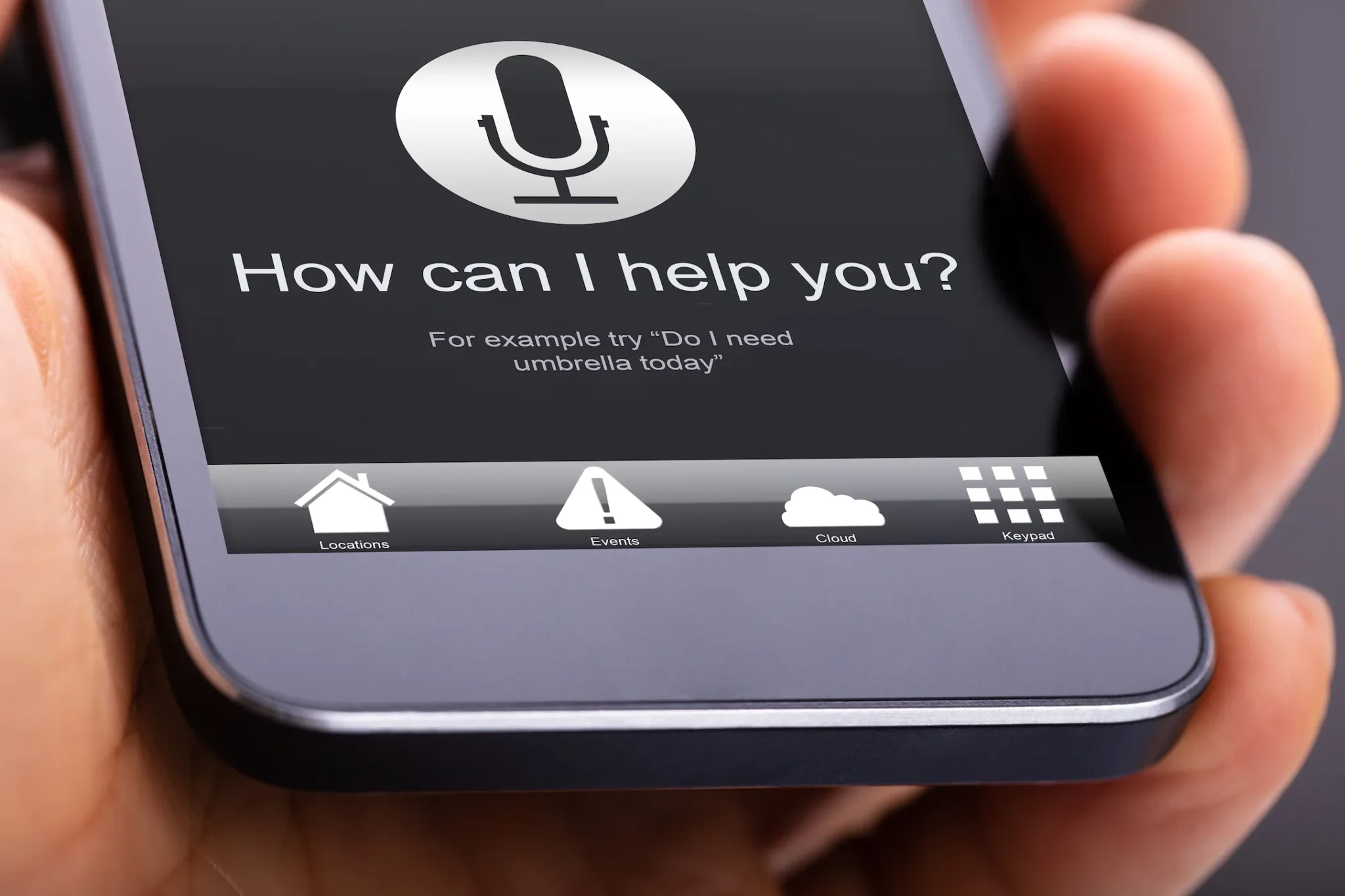
Hello Siri, Hi Alexa: Navigating the World of Voice Assistants
Some of the most popular smartphone voice assistants include:
- Siri: Developed by Apple, Siri is the voice assistant for iOS devices. Siri can answer questions, send messages, place calls, provide directions, and even tell jokes.
- Google Assistant: Available on Android devices and Google Home speakers, Google Assistant can perform a wide range of tasks, including answering questions, playing music, controlling smart home devices, and providing real-time information such as weather and traffic updates.
- Alexa: Developed by Amazon, Alexa is primarily used with Amazon Echo devices but is also available on some Android smartphones. Alexa can play music, provide information, deliver news and sports scores, tell jokes, and control smart home devices.
- Cortana: Developed by Microsoft, Cortana is available on Windows phones and PCs. Cortana can set reminders, answer questions, send emails, and provide weather and traffic updates.
- Bixby: Developed by Samsung, Bixby is available on Samsung smartphones and smart home devices. Bixby can send messages, make calls, set reminders, and control smart home devices.
These voice assistants use artificial intelligence to understand and respond to voice commands, making it easier for users to interact with their devices and access information quickly and efficiently.
Here’s a basic guide on how to use each of the mentioned smartphone voice assistants:
- Siri (Apple devices):
- To activate Siri, press and hold the home button (iPhone 8 and earlier) or the side button (iPhone X and later), or simply say “Hey Siri” if you have this feature enabled.
- Once Siri is activated, you can ask questions or give commands such as “Call John”, “Set a timer for 10 minutes”, or “What’s the weather like today?”.
- Google Assistant (Android devices):
- To activate Google Assistant, say “OK Google” or “Hey Google”, or press and hold the home button.
- Once activated, you can ask questions or give commands such as “Send a text to Mary”, “Play some music”, or “Remind me to buy milk at 5 PM”.
- Alexa (Amazon devices and some Android smartphones):
- To activate Alexa, say “Alexa”, or press and hold the Alexa button on the device.
- Once activated, you can ask questions or give commands such as “Play my workout playlist”, “What’s the news today?”, or “Turn on the living room lights”.
- Cortana (Windows phones and PCs):
- To activate Cortana, click on the Cortana button on the taskbar, or say “Hey Cortana” if you have this feature enabled.
- Once activated, you can ask questions or give commands such as “Schedule a meeting for 2 PM”, “What’s the weather forecast?”, or “Tell me a joke”.
- Bixby (Samsung devices):
- To activate Bixby, press the Bixby button on the side of the device, or say “Hi Bixby”.
- Once activated, you can ask questions or give commands such as “Call mom”, “Take a selfie”, or “Show me my schedule”.
Remember, the effectiveness of voice assistants can vary based on your device, your location, and your specific request. It’s always a good idea to explore the settings and capabilities of your voice assistant to get the most out of it.
7 in 10 Germans use voice assistants on smartphones
New research from the German ICT group Bitkom shows that 7 in 10 Germans (69%) use voice assistants with their smartphones.
It is particularly popular to get help with phone calls – for example, to call contacts from the address book. 43 percent of the respondents use a voice assistant, a program based on artificial intelligence and operated with spoken instructions. 38 percent write text messages in this way and 35 percent research the Internet in this way. Around every fourth person uses the everyday helpers for listening to music (26 percent), for translations (26 percent), or for entertainment (22 percent), i.e. to have jokes told or to ask fun questions.
Other programs are operated with voice assistants less often: every sixth person (17 percent) uses the helpers to navigate, and only one in ten manages the calendar (10 percent). For the weather report, 8 percent speak with their smartphone, to set a timer, it is only 2 percent.
Methodological note: The information is based on a survey that Bitkom Research carried out on behalf of the Bitkom digital association. 1,002 people aged 16 and over were surveyed, including 789 people who use a smartphone. The survey is representative. The questions were: “What do you use the voice assistant on your smartphone for?”. Voice assistant









